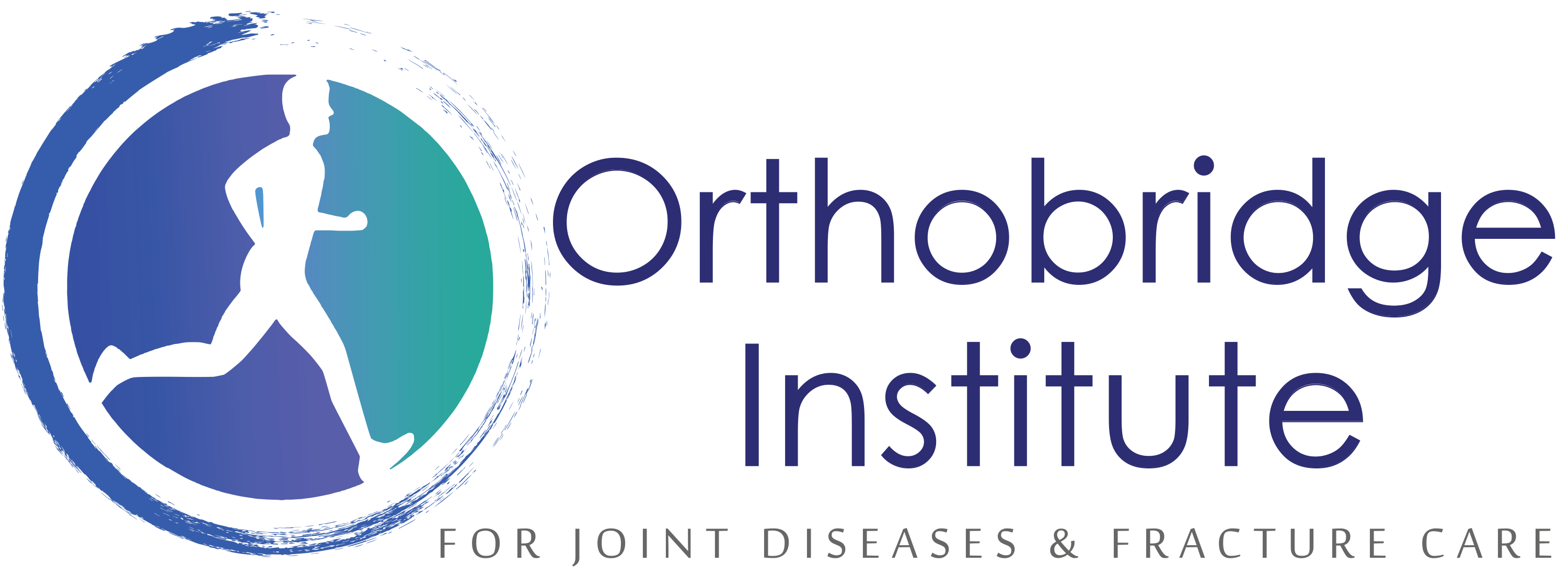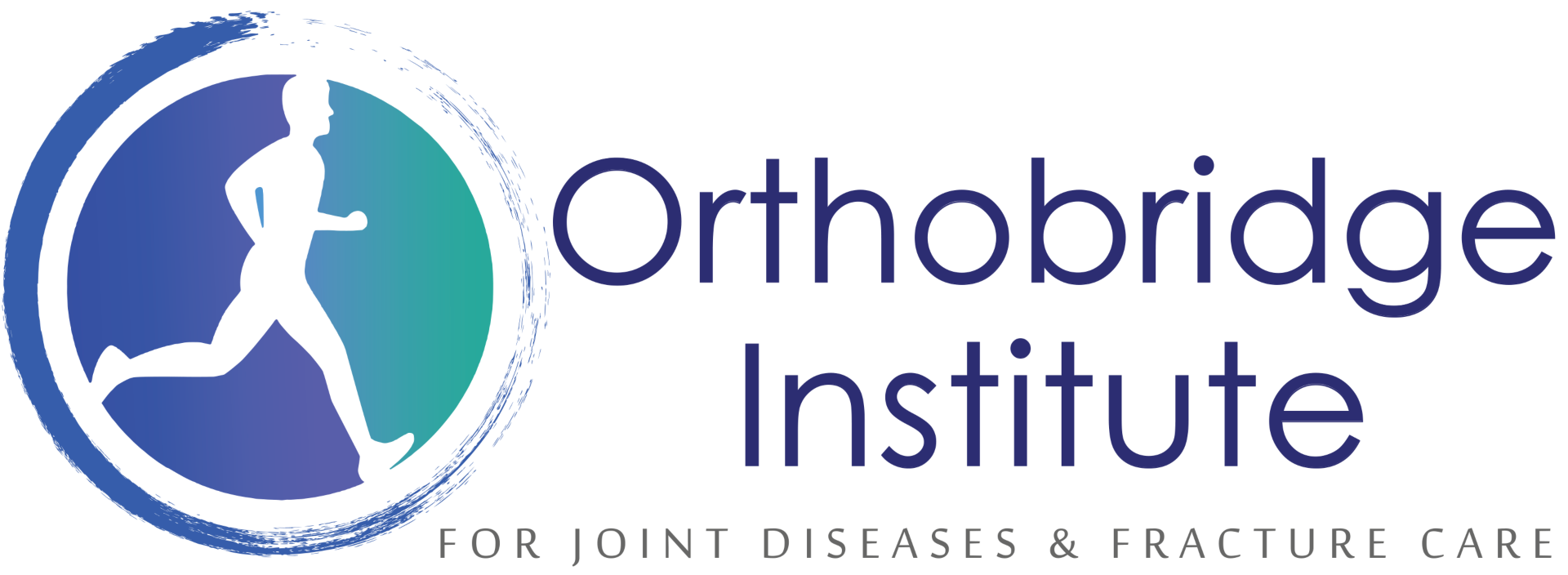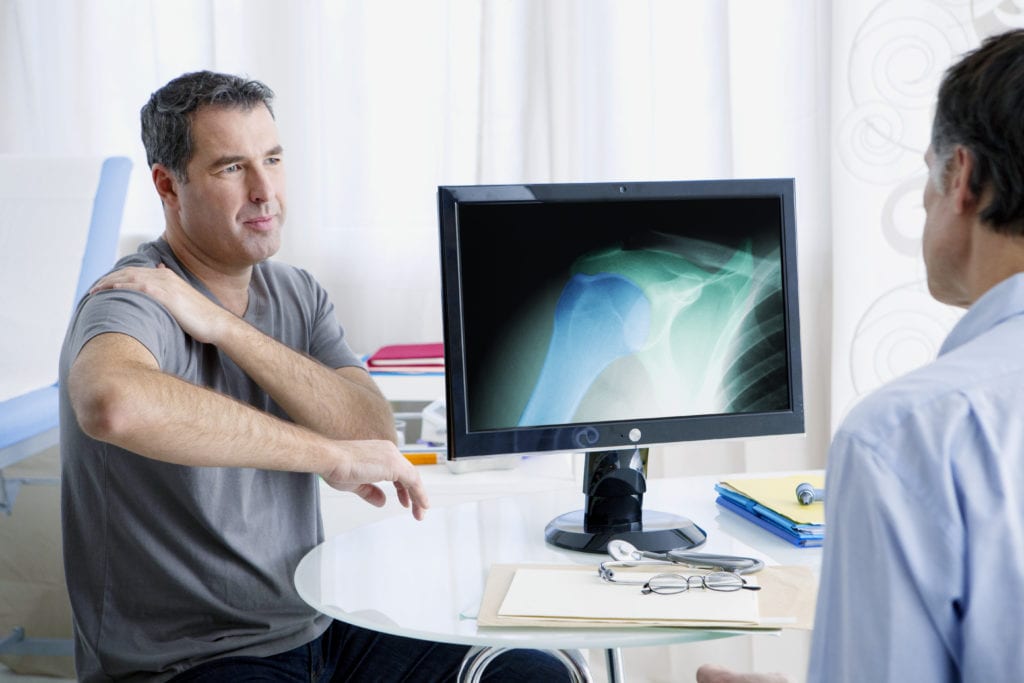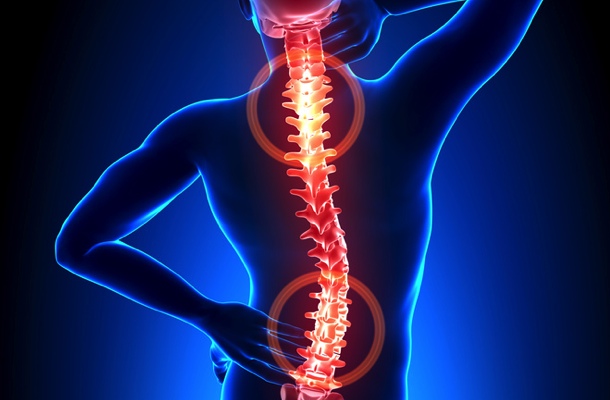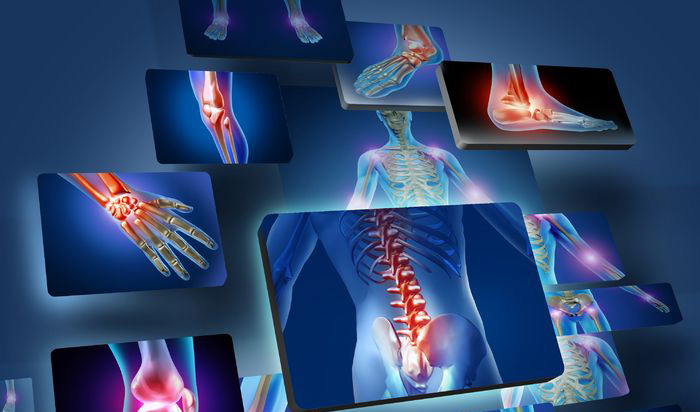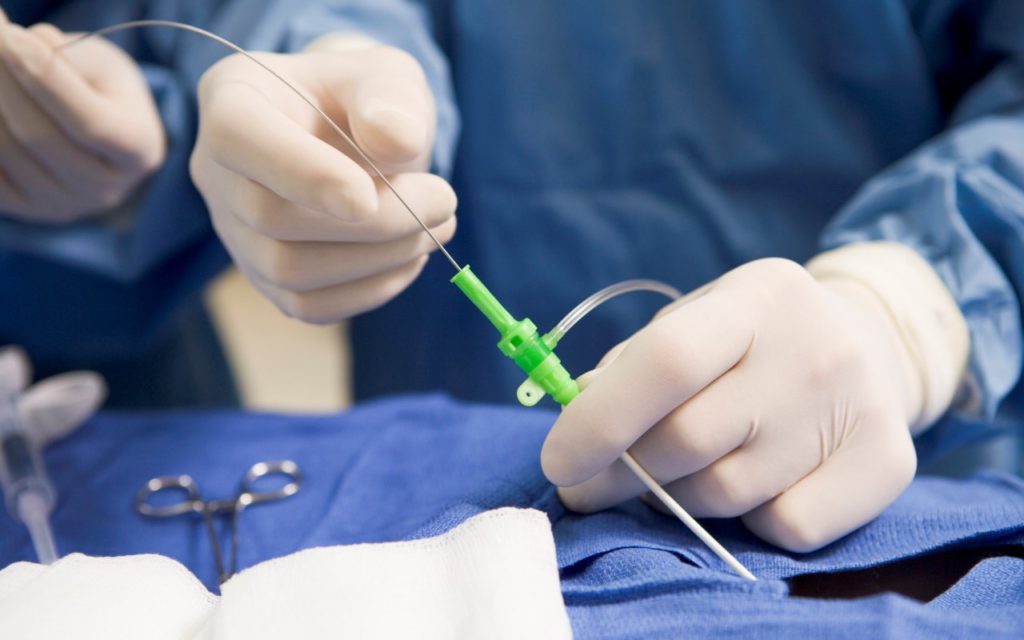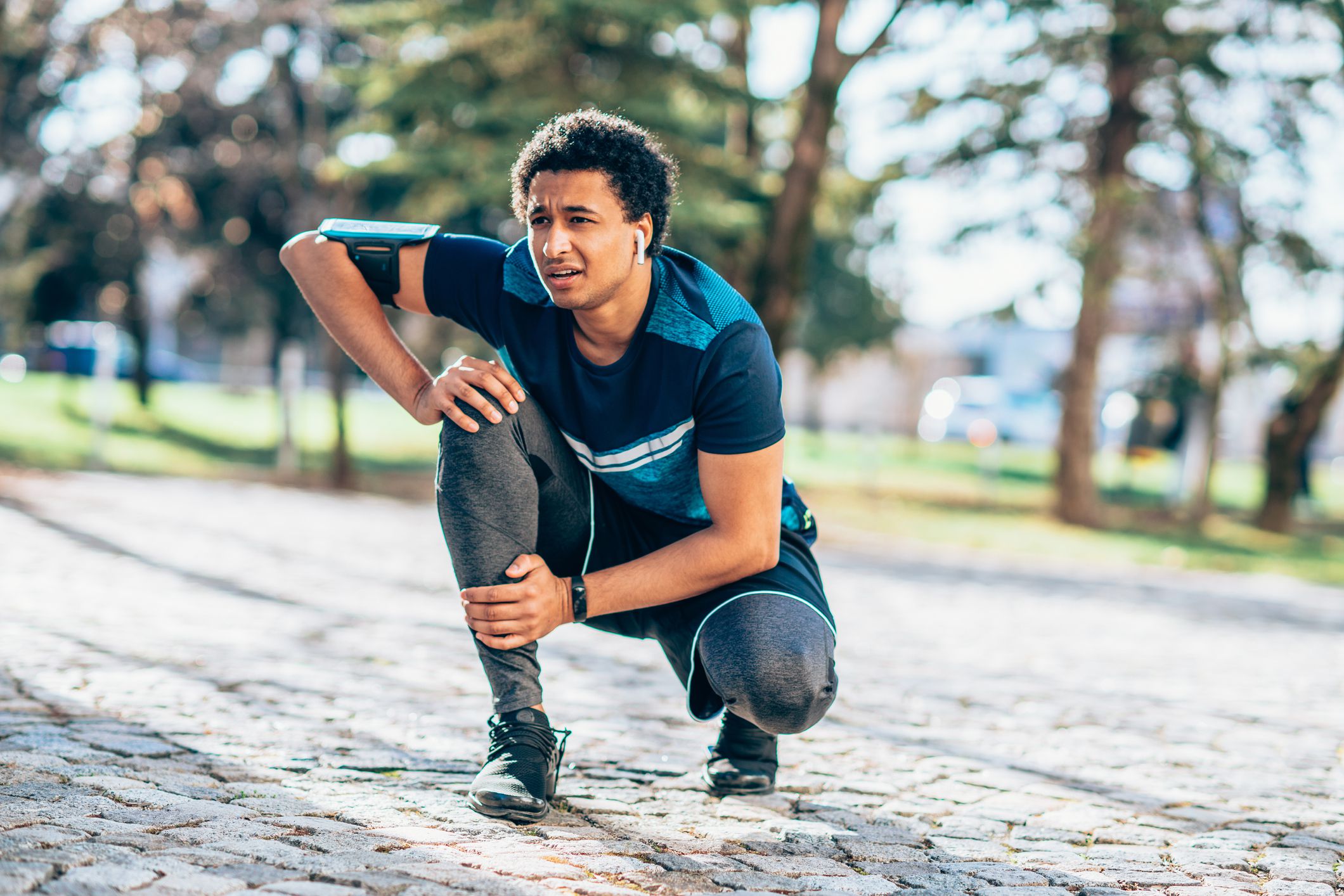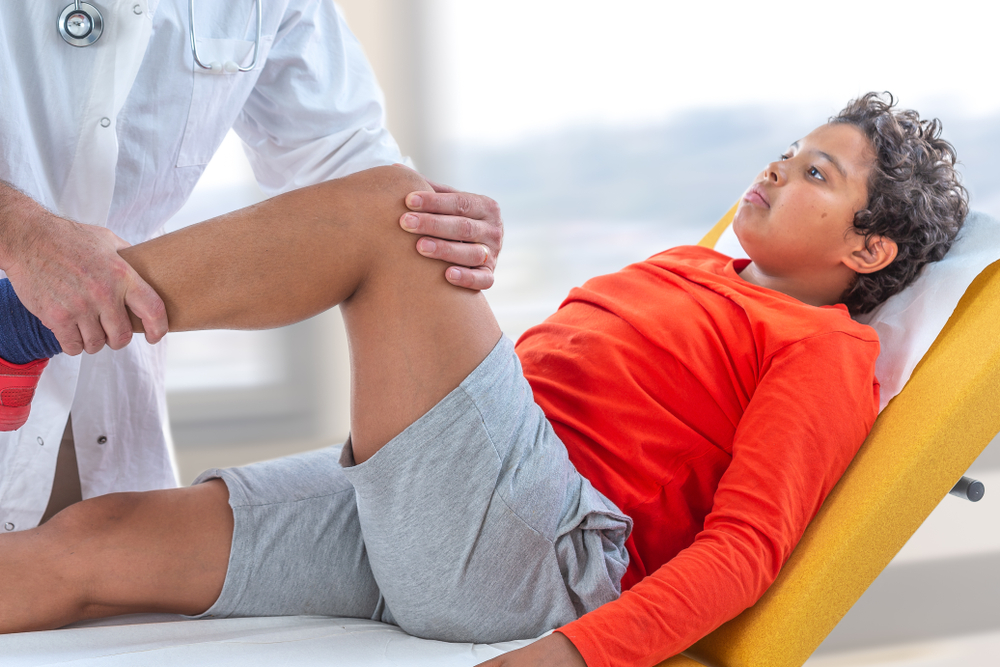You’re lounging in your favourite chair reading the paper and the dog barks outside. Lifting yourself out of the chair, you hear the familiar sound of your joints popping and creaking. You let out a groan and place your hand behind your back to steady yourself. A few years ago, you used to be able to get up from the same chair without thinking about it, but now your joints need a bit more care.
While taking better care of your body is a normal part of getting older, being in pain isn’t. If you experience joint pain or stiffness, don’t brush it off as a routine part of aging. Your body is trying to tell you to something, so pay attention. If joint pain is a regular part of your life, talk to your doctor to develop a treatment plan, and consider the following five techniques to keep your joints healthy at every age.
Move your Body: Being inactive is one of the worst things you can do for your joints. Moving your body frequently will help your body stay agile and flexible. Keeping your muscles strong will also act as a cushion around your joints to keep them protected. Strong muscles absorb shock, which helps to prevent your joints from being stressed or injured.
Lose Weight: Being overweight puts unnecessary strain on your joints. Losing any excess weight will help lighten the load on your joints and make everyday tasks feel more comfortable. If you need help losing weight, consider working with a personal trainer who will teach you low-impact exercises to burn more calories.
See a Physical Therapist: Working with a physical therapist to increase your mobility and alleviate pain might be helpful, especially after a joint procedure. Follow any guidelines and advice given by your physical therapist. They may recommend you engage in specific stretches and exercises, or avoid certain movements and rest your body.

Take it Easy: If you experience joint issues, it’s important to slow down and not push yourself too hard. This can be especially hard for “go-getters” and active people. While it’s important to remain active, you may need to adjust your lifestyle. If you’re used to playing sports regularly, you may want to replace your favourite activity with a lower impact sport, like swimming.
Seek Out Care: Ignoring joint pain won’t magically make it go away. Your body is signaling that something is wrong. Make an appointment with your doctor to start your diagnosis. For some, your joint may be caused by an issue such as arthritis, and more severe cases may require a joint replacement. No matter your diagnosis, there are medical interventions, such a hip replacement surgery, knee replacement surgery, elbow replacement surgery, and shoulder replacement surgery, that can help you resume your normal, active life.
Hear from some of our patients
Use of platelet-rich plasma to treat a knee condition with Orthopedic Surgeon in Nairobi, Kenya Col(Dr) Adari George, Founding Director of Orthobridge Institute, an orthopedic centre in Kenya.
